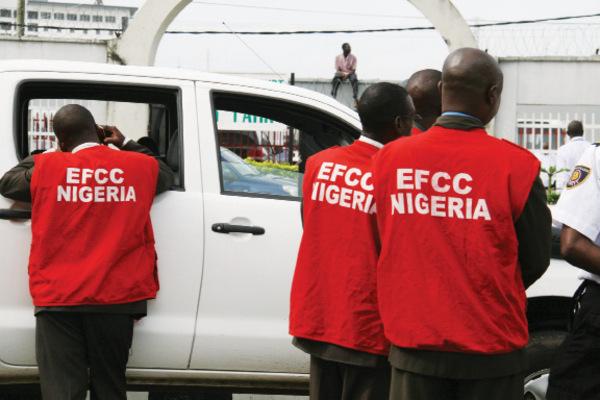Cryptocurrency
EFCC Freezes Crypto Wallets Worth $37M, Cites Money Laundering, Terrorism Links to Protests

The Federal Government has frozen cryptocurrency assets valued at over $37 million, reportedly linked to individuals associated with the #EndBadGovernance protests.
The action followed a court order issued by Justice Emeka Nwite of the Federal High Court in Abuja on August 9, 2024, based on an ex parte application by the Economic and Financial Crimes Commission (EFCC).
The frozen assets, held in various digital wallets, are alleged to be proceeds of money laundering and terrorism financing.
The EFCC’s application, filed on August 8 and heard the following day, argued that the assets were connected to unlawful activities.
During the court session, EFCC’s counsel, O.S Ujam, presented the case, highlighting the need to freeze the assets pending the conclusion of ongoing investigations.
Justice Nwite, after reviewing the application, granted the order to freeze the specified wallet addresses, which are believed to belong to individuals currently under investigation.
The ruling stated, “An order of this honourable court is hereby made freezing the wallet addresses/accounts stated in the schedule below, which wallets are owned by individuals currently being investigated for offences of money laundering and terrorism financing, pending the conclusion of the investigation.”
The largest wallet among those frozen holds approximately $37 million in USDT, a stablecoin pegged to the US dollar.
The other wallets contain smaller amounts, including USDT967, USDT90, and USDT443,512.37, respectively.
While the EFCC did not disclose the identities of the wallet owners in its court filing, government sources have linked these assets to suspected organisers of the #EndBadGovernance protests, which swept across the country, calling for reforms and greater accountability.
The freezing of these assets has sparked debate among legal experts, activists, and financial analysts.
Critics argue that the move could be seen as an attempt to stifle dissent and intimidate activists, while supporters maintain that it is a necessary step to combat financial crimes and terrorism.
This development adds a new dimension to the ongoing scrutiny of cryptocurrency transactions in Nigeria, where the use of digital currencies has been both embraced and criticized.
The EFCC’s action underscores the growing concern over the use of cryptocurrencies in illicit activities, particularly in a country where regulatory frameworks around digital assets are still evolving.
As the investigation progresses, it remains to be seen how this case will impact the broader conversation around digital currencies and their role in civil society movements in Nigeria.
The frozen assets, now under the watchful eye of the EFCC, could become a focal point in the ongoing battle between the government and those pushing for change in the country.